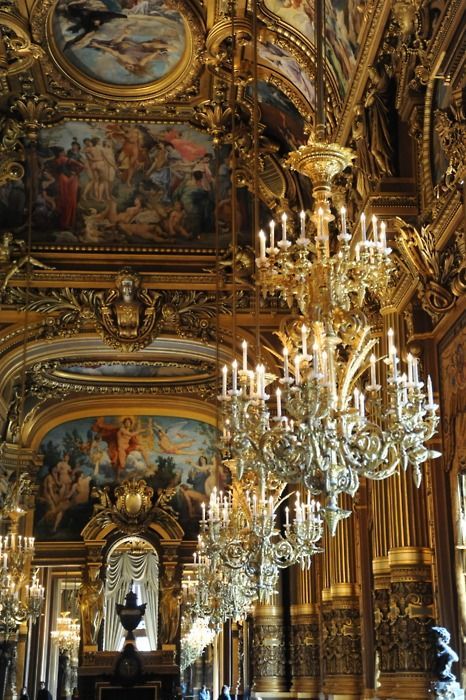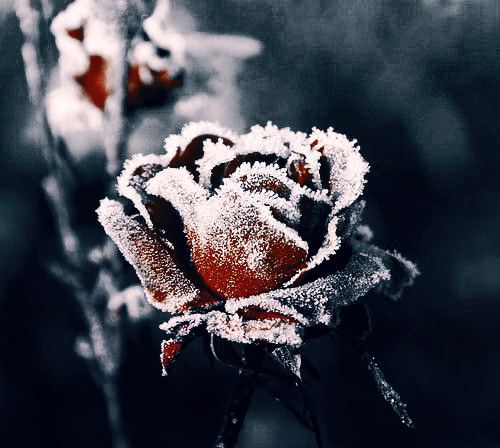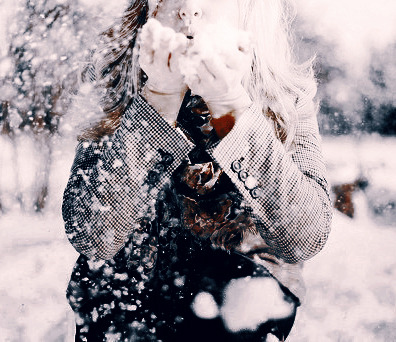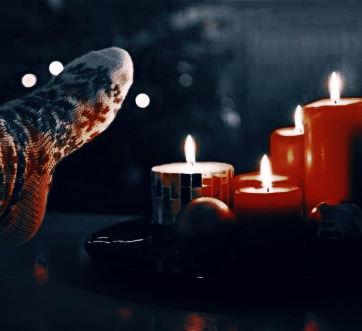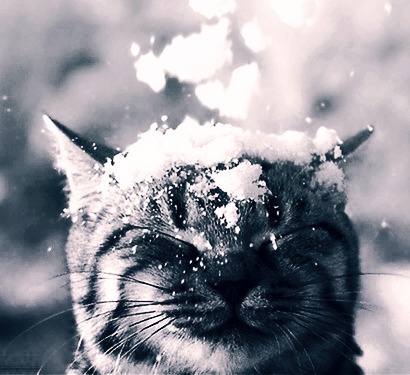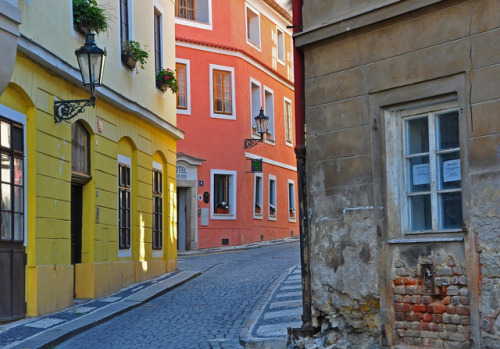Classic Horror Novels That Are NOT Frankenstein Or Dracula
Classic Horror Novels That Are NOT Frankenstein Or Dracula
The Vampyre by John William Polidori
Carmilla by J. Sharidon le Fanu
The Flowers Of Evil by Charles Baudelaire
Perfume: The Story Of A Murderer by Patrick Suskind & translated by John E. Woods
The Strange Case Of Doctor Jekyll & Mister Hyde by John Louis Stevenson
Complete Stories & Poems by Edgar Allen Poe
The Picture Of Dorian Grey by Oscar Wild
The Turn Of The Screw by Henry James
The Island Of Doctor Moreau by H.G. Wells
The Hounds Of Baskerville by Sir Arthur Conan Doyle
The Monk by Matthew Gregory Lewis
Jane Eyre by Charlotte Bronte
The Legend Of Sleepy Hollow by Washington Irving
Uncle Silas by J. Sheridan le Fanu
Melmoth The Wanderer by Charles Robert Maturin
The Woman In White by Wilkie Collins
*Note these are all novels published BEFORE the 1900s -- I've got a whole other list of those. If you're interested, hmu.
More Posts from Theblogofwildfellhall and Others

By: Colorado Dreamers | this.little.wandering
“Fairy tales are more than moral lessons and time capsules for cultural commentary; they are natural law. The child raised on folklore will quickly learn the rules of crossroads and lakes, mirrors and mushroom rings. They’ll never eat or drink of a strange harvest or insult an old woman or fritter away their name as though there’s no power in it. They’ll never underestimate the youngest son or touch anyone’s hairpin or rosebush or bed without asking, and their steps through the woods will be light and unpresumptuous. Little ones who seek out fairy tales are taught to be shrewd and courteous citizens of the seen world, just in case the unseen one ever bleeds over.”
— S.T. Gibson (via sarahtaylorgibson)

-
 appareils-futiles reblogged this · 9 months ago
appareils-futiles reblogged this · 9 months ago -
 cumbatted liked this · 1 year ago
cumbatted liked this · 1 year ago -
 lazycriptide liked this · 2 years ago
lazycriptide liked this · 2 years ago -
 lightanddarkacad reblogged this · 2 years ago
lightanddarkacad reblogged this · 2 years ago -
 melancholia-fiera liked this · 3 years ago
melancholia-fiera liked this · 3 years ago -
 ladyylavenderrr liked this · 3 years ago
ladyylavenderrr liked this · 3 years ago -
 the-leaning-tower-of-me reblogged this · 3 years ago
the-leaning-tower-of-me reblogged this · 3 years ago -
 freckles-and-books liked this · 3 years ago
freckles-and-books liked this · 3 years ago -
 libraryspectre reblogged this · 3 years ago
libraryspectre reblogged this · 3 years ago -
 libraryspectre liked this · 3 years ago
libraryspectre liked this · 3 years ago -
 thenerdygirl91 liked this · 3 years ago
thenerdygirl91 liked this · 3 years ago -
 mage-hecked liked this · 3 years ago
mage-hecked liked this · 3 years ago -
 french-vanilla-in-the-clouds liked this · 3 years ago
french-vanilla-in-the-clouds liked this · 3 years ago -
 0uterspacew0rm reblogged this · 3 years ago
0uterspacew0rm reblogged this · 3 years ago -
 dresslightblue2b4gotten reblogged this · 3 years ago
dresslightblue2b4gotten reblogged this · 3 years ago -
 shibui64 liked this · 3 years ago
shibui64 liked this · 3 years ago -
 apoisonedsoul liked this · 3 years ago
apoisonedsoul liked this · 3 years ago -
 sixfulsxut reblogged this · 3 years ago
sixfulsxut reblogged this · 3 years ago -
 actuallyirradiated reblogged this · 3 years ago
actuallyirradiated reblogged this · 3 years ago -
 actuallyirradiated liked this · 3 years ago
actuallyirradiated liked this · 3 years ago -
 crybabyragamuffin liked this · 3 years ago
crybabyragamuffin liked this · 3 years ago -
 trans-ylvania liked this · 3 years ago
trans-ylvania liked this · 3 years ago -
 gabricio-salmao liked this · 3 years ago
gabricio-salmao liked this · 3 years ago -
 melinda-reads reblogged this · 3 years ago
melinda-reads reblogged this · 3 years ago -
 puzzle-dust liked this · 3 years ago
puzzle-dust liked this · 3 years ago -
 eldritch-rpgs-and-dogs liked this · 3 years ago
eldritch-rpgs-and-dogs liked this · 3 years ago -
 edgy-taurus-fairy liked this · 3 years ago
edgy-taurus-fairy liked this · 3 years ago -
 queen-koala liked this · 3 years ago
queen-koala liked this · 3 years ago -
 honeywheats liked this · 3 years ago
honeywheats liked this · 3 years ago -
 thegayestwhoevergayed liked this · 3 years ago
thegayestwhoevergayed liked this · 3 years ago -
 goldenphoenix00 liked this · 3 years ago
goldenphoenix00 liked this · 3 years ago
Emma. 27. A blog for Classic Literature, language learning, flowers, and aesthetic
117 posts

